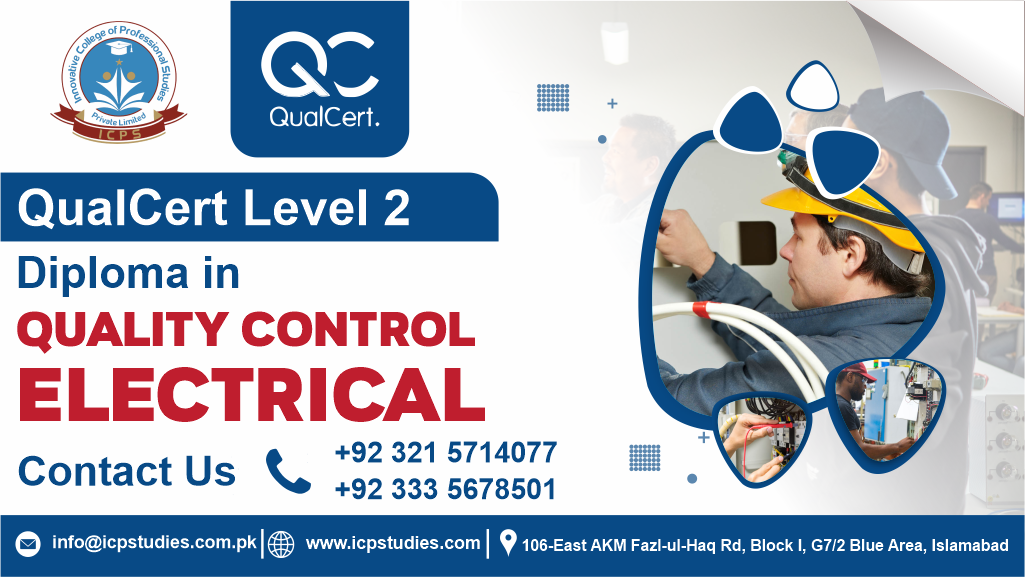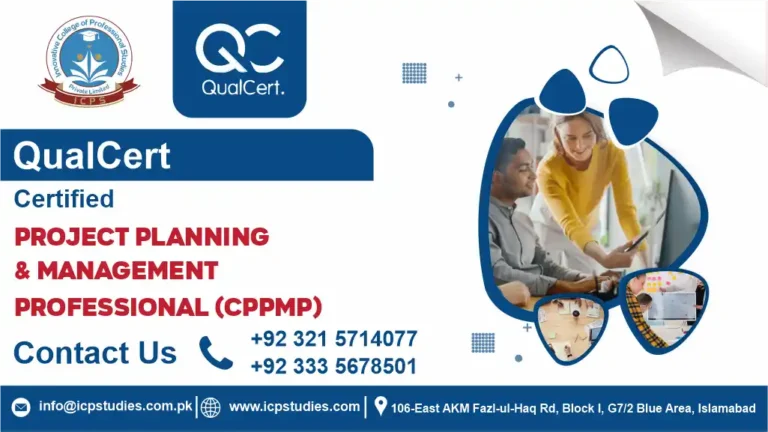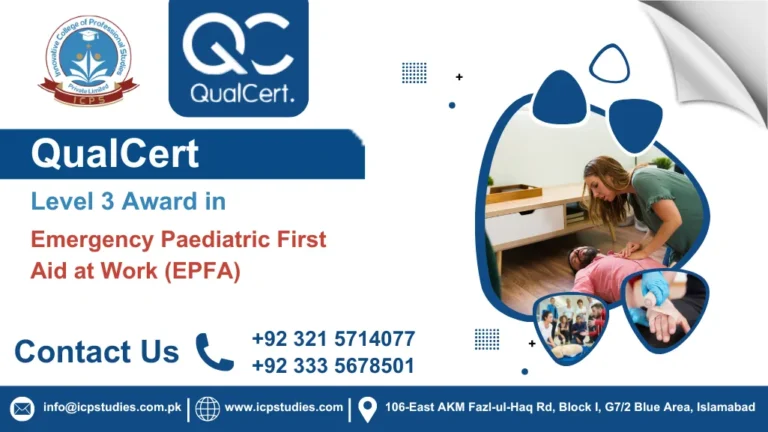In the fast-evolving electrical industry, maintaining high standards of safety, performance, and compliance is crucial. Whether you’re a seasoned electrical professional or just starting out, the Level 2 Diploma in Quality Control (QC) Electrical offers you the expertise to ensure electrical systems meet the highest quality standards. This course is designed to provide both theoretical knowledge and practical skills necessary for anyone aiming to excel in electrical quality control.
The Level 2 Diploma in QC Electrical is a comprehensive qualification aimed at those seeking to develop specialized knowledge in quality control within the electrical industry. This diploma provides a deep dive into electrical systems, testing, inspection techniques, and safety regulations. By mastering these skills, you’ll ensure that electrical installations and systems meet the necessary standards for safety, reliability, and compliance.
The Level 2 Diploma in QC Electrical provides you with the specialized knowledge and hands-on experience to succeed in electrical quality control roles. Whether you’re looking to start your career or advance in the electrical industry, this course equips you with the tools and techniques needed to ensure the safety, efficiency, and compliance of electrical systems.
Ready to elevate your career in electrical quality control? Enroll in the Level 2 Diploma in QC Electrical today and become an expert in ensuring top-tier electrical system quality!
All About Level 2 Diploma in Quality Control ( QC ) Electrical
Course Overview
The Level 2 Diploma in Quality Control (QC) Electrical is a specialized qualification designed for individuals looking to gain in-depth knowledge and practical skills in electrical quality control. This course is ideal for those who want to ensure that electrical systems and installations meet stringent safety, compliance, and performance standards.
As the electrical industry faces increasing demands for high-quality, reliable, and safe installations, professionals with expertise in quality control are essential to maintain these standards. This diploma provides learners with the essential knowledge to conduct inspections, perform testing, and apply quality control processes across various electrical systems and components.
Throughout the course, learners will explore key areas such as electrical system design, safety regulations, testing and inspection techniques, and documentation processes, all of which are integral to ensuring the quality and compliance of electrical projects. By the end of the course, participants will be equipped with the skills necessary to manage and enforce quality control measures within electrical systems, preparing them for various roles within the industry.
Study Units
- Advanced Earthworks QC
- Documentation and Regulatory Compliance
- QC for Green Infrastructure
- QC for Green Infrastructure
- Testing and Certification Processes
- Audit Techniques and Sustainability Strategies
The Level 2 Diploma in Quality Control (QC) Electrical is designed to accommodate individuals at various stages of their careers, from beginners to those with some experience in the electrical field. While there are no formal academic prerequisites, the following are recommended entry requirements to ensure that learners are well-prepared for the course:
- Basic Knowledge of Electrical Systems
- A foundational understanding of electrical systems and components is beneficial. This could include previous experience as an electrical apprentice or technician, or knowledge gained through other electrical qualifications.
- Prior Experience in Electrical Work (Optional)
- Although prior work experience is not mandatory, it is helpful for learners to have some hands-on experience in electrical installations or maintenance. This could involve a basic understanding of electrical circuits, wiring, and safety procedures.
- Age Requirement
- Learners should generally be at least 16 years of age to enroll in the course. However, some providers may have different age requirements, so it’s advisable to check with the specific course provider.
- Basic Math and English Skills
- Strong communication and basic math skills are useful as you will be required to read and interpret technical documentation, perform calculations for electrical systems, and communicate clearly in reports and audits.
- Interest in Quality Control and Safety
- An interest in ensuring high safety and quality standards within the electrical industry is essential. A passion for ensuring compliance with regulations, maintaining system reliability, and fostering a culture of safety will benefit learners throughout the course.
- No Formal Qualifications Necessary
- While it is not required to have formal qualifications, those with relevant prior qualifications such as a Level 1 qualification in electrical studies, or experience in electrical work, may find this course more accessible.
If you’re unsure about your eligibility or have any specific queries, it’s always best to contact the course provider for additional guidance and advice.
The Level 2 Diploma in Quality Control (QC) Electrical is ideal for individuals who want to develop specialized skills in electrical quality control, ensuring safety, compliance, and performance in electrical installations. This course is suited for a wide range of professionals, including:
- Electrical Technicians and Engineers
- If you already have experience working as an electrical technician or engineer and want to advance your career by specializing in quality control, this course is perfect for you. It will enhance your skills in testing, inspection, and ensuring compliance with safety standards in electrical systems.
- Electrical Apprentices
- If you’re starting out in the electrical industry, this diploma provides the foundational knowledge and hands-on skills needed to excel in quality control. It will help you understand the key concepts of electrical safety, compliance, and quality assurance from the very beginning of your career.
- Electrical Inspectors and Testers
- If you’re already working as an electrical inspector or tester and want to formalize your knowledge and skills, this course is an excellent way to deepen your expertise. It will prepare you to confidently carry out inspections and tests while ensuring compliance with relevant standards.
- Quality Control Professionals Transitioning to the Electrical Sector
- If you’re currently working in quality control in another field and wish to transition to the electrical industry, this course will provide you with the industry-specific knowledge you need. You’ll gain an understanding of electrical systems, testing methods, and safety protocols, enabling you to bring your QC expertise to electrical projects.
- Anyone Interested in Electrical Safety and Compliance
- For individuals passionate about ensuring electrical installations are safe, efficient, and compliant with regulations, this course offers valuable knowledge. It’s perfect for anyone interested in making a positive impact on electrical safety, quality assurance, and environmental responsibility.
- Career Changers
- If you’re looking to pivot into the electrical industry and have a strong interest in quality control, this course gives you the skills to enter the field. No prior experience in electrical work is required, although a basic understanding of electrical systems is recommended.
In summary, the Level 2 Diploma in QC Electrical is designed for anyone who is keen to improve their understanding and practical skills in electrical quality control—whether you’re a newcomer to the industry or an experienced professional looking to specialize further.
Learning Outcomes
Upon successful completion of the Level 2 Diploma in Quality Control (QC), participants will achieve the following learning outcomes:
1. Quality Management Systems (QMS)
- Understand the core principles and components of quality management systems (QMS).
- Learn how to implement and maintain QMS in alignment with industry standards such as ISO 9001.
- Identify and track key performance indicators (KPIs) to monitor and improve quality control processes.
- Develop strategies to drive continuous improvement within a quality management framework.
2. Advanced Earthworks Quality Control
- Gain in-depth knowledge of quality control practices specific to earthworks and infrastructure projects.
- Apply techniques for soil testing, compaction monitoring, and grading to meet industry regulations.
- Address environmental challenges and constraints commonly found in large-scale earthworks projects.
- Ensure compliance with health, safety, and environmental guidelines throughout the execution of earthworks.
3. Documentation and Regulatory Compliance
- Master the skills required to prepare and maintain precise quality control documentation for audits and reporting.
- Understand legal and regulatory requirements pertaining to quality control in multiple industries.
- Develop a systematic approach to ensuring compliance with both national and international quality standards.
- Implement robust record-keeping and reporting practices to enhance organizational accountability.
4. Quality Control for Green Infrastructure
- Learn the specific principles and practices of quality control in green infrastructure projects.
- Integrate sustainability-focused methodologies in planning, execution, and monitoring of projects.
- Ensure compliance with environmental certifications, such as LEED or BREEAM, during project implementation.
- Evaluate the performance, longevity, and environmental impact of green infrastructure solutions.
5. Testing and Certification Processes
- Gain proficiency in various testing techniques used across industries to ensure quality compliance.
- Understand the certification processes and procedures to meet industry and product standards.
- Conduct material, product, and performance testing to ensure compliance with quality benchmarks.
- Collaborate with certifying bodies to ensure smooth certification processes and compliance verification.
6. Audit Techniques and Sustainability Strategies
- Understand the purpose and scope of quality audits in identifying areas for improvement and ensuring adherence to standards.
- Develop key skills in audit planning, execution, and reporting to deliver effective quality assessments.
- Integrate sustainability strategies into quality control processes to promote long-term environmental and social responsibility.
- Evaluate sustainability metrics and enhance practices in alignment with corporate social responsibility (CSR) goals.
By completing this diploma, learners will be equipped with the practical knowledge and technical skills to excel in quality control across a range of industries, with a focus on both compliance and sustainability.
FAQs Level 2 Diploma in Quality Control ( QC ) Electrical







